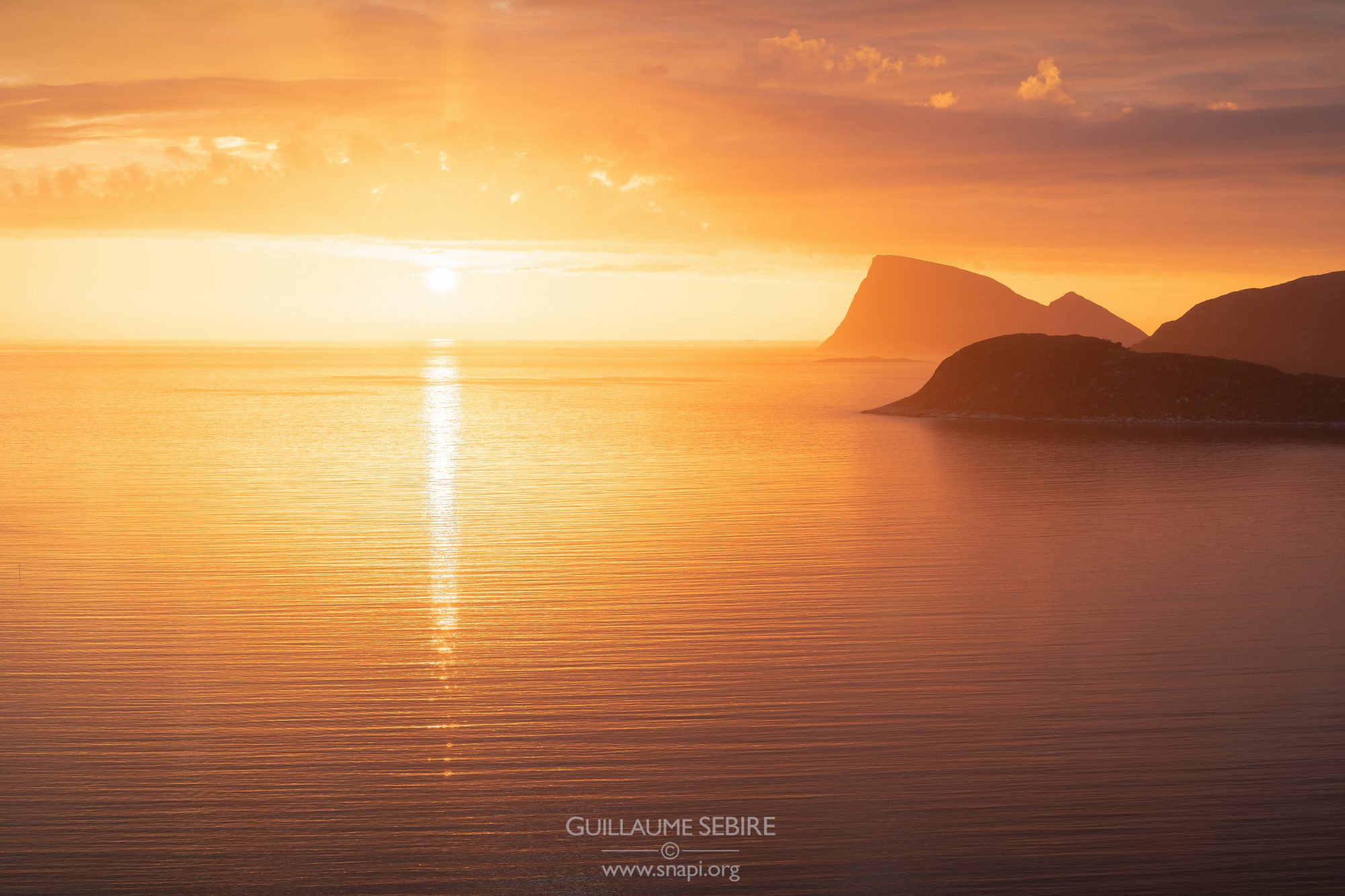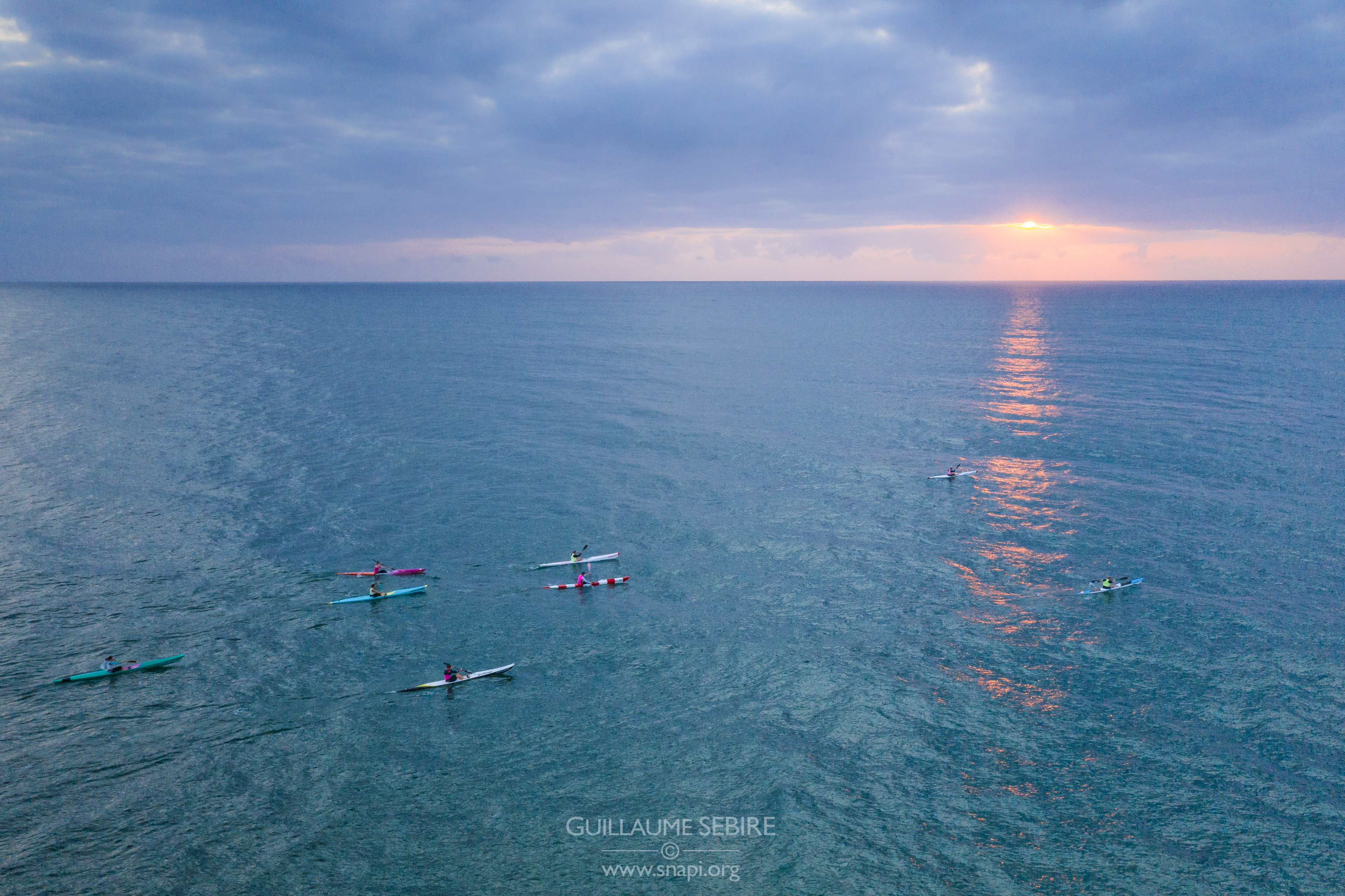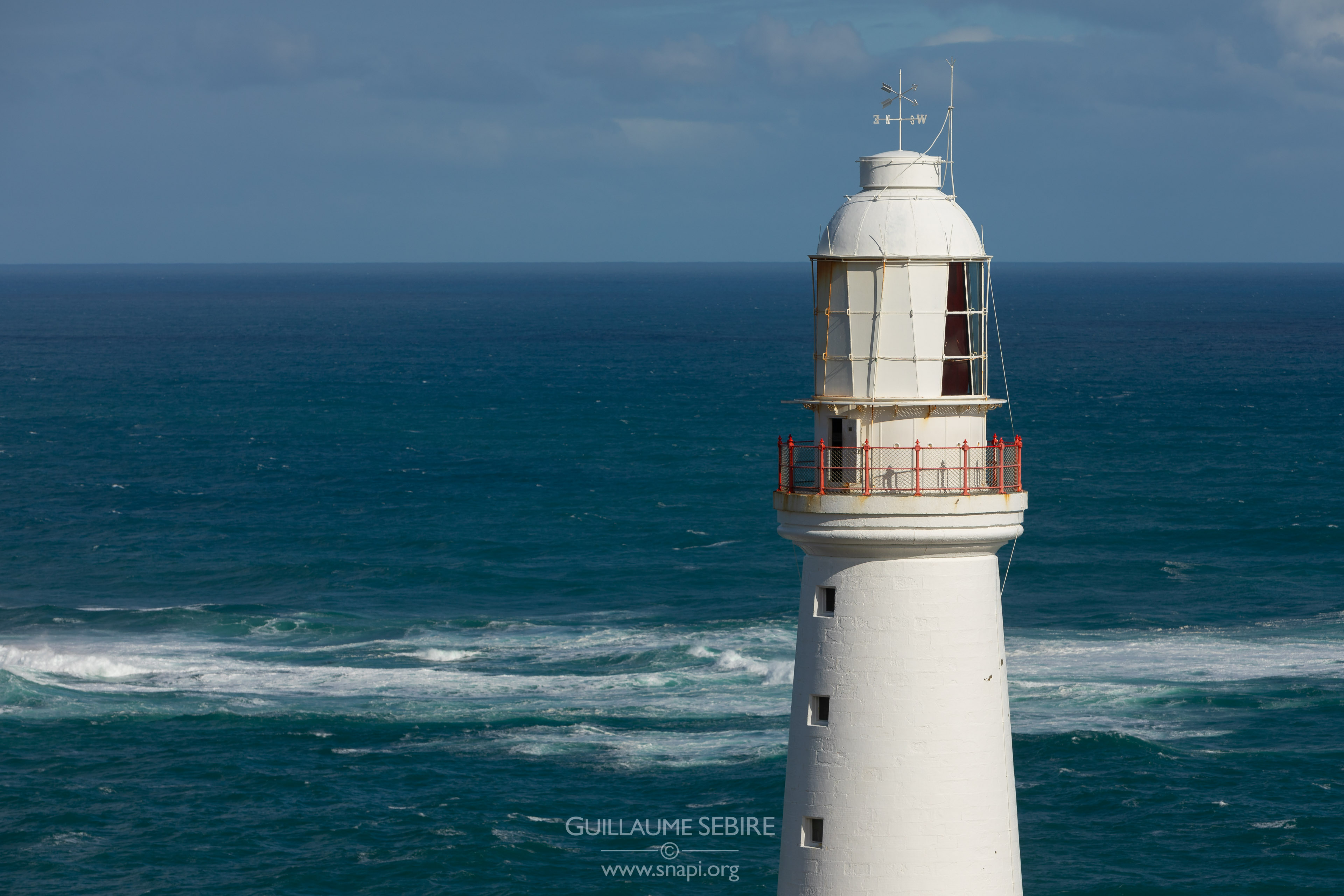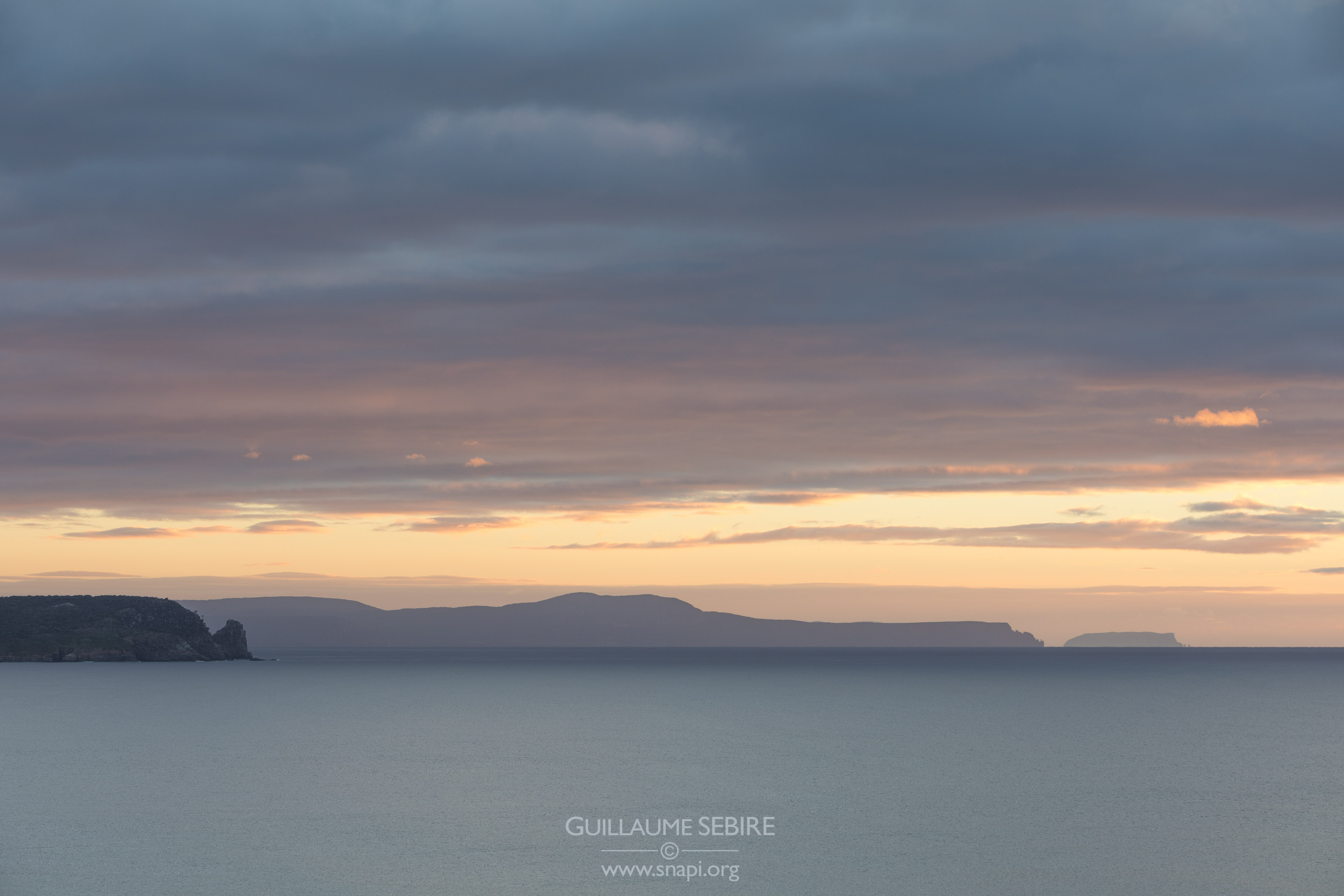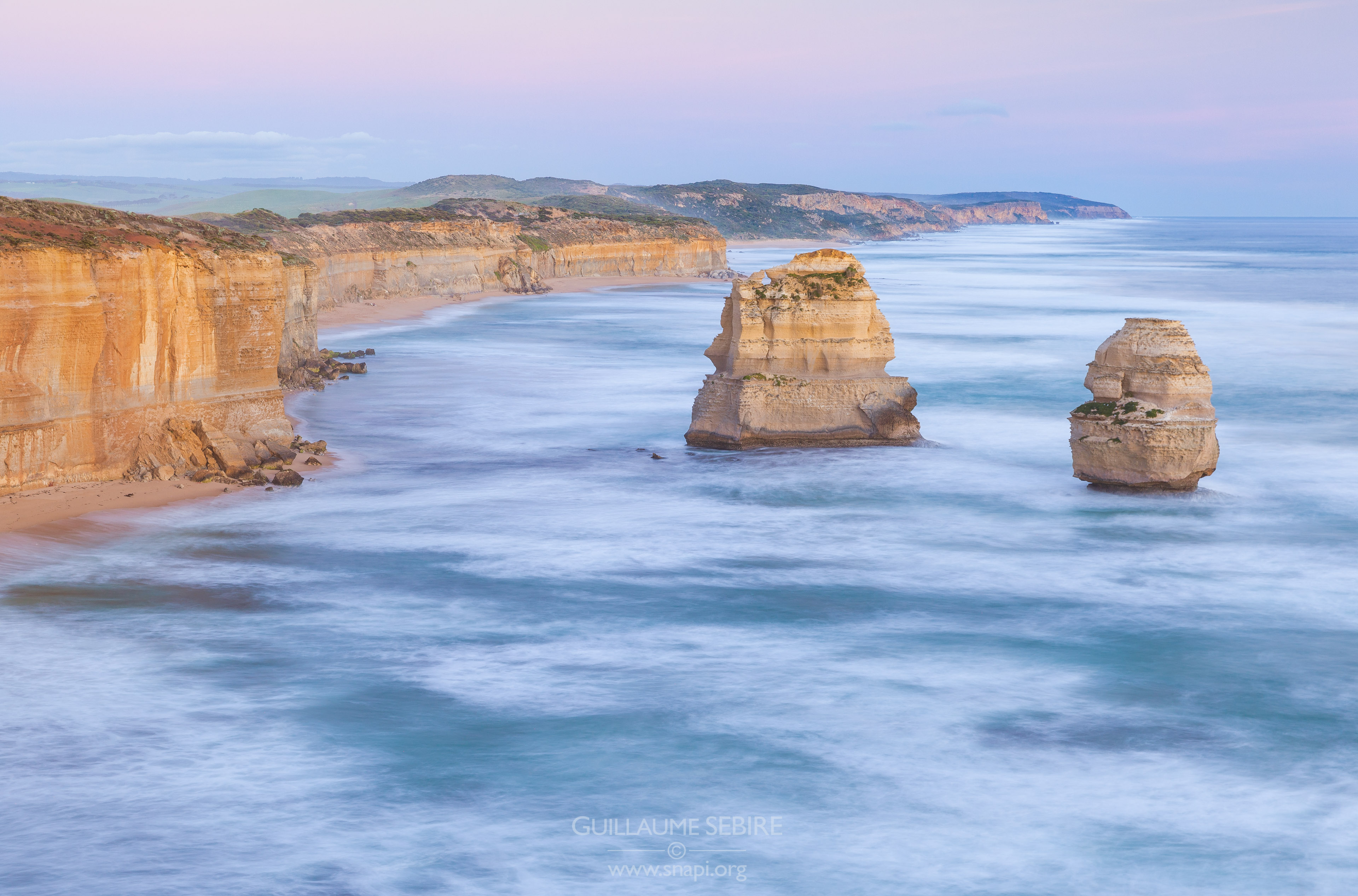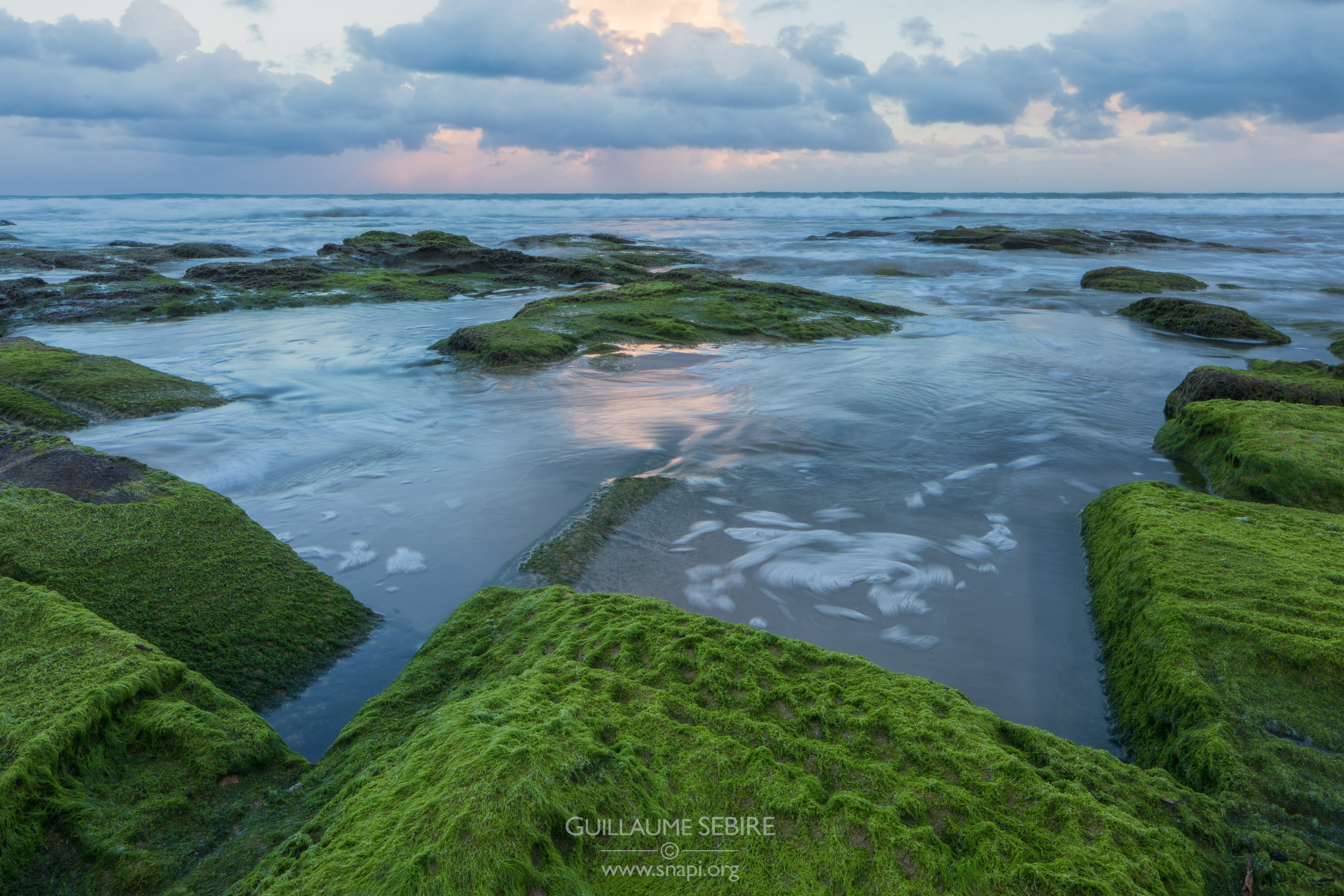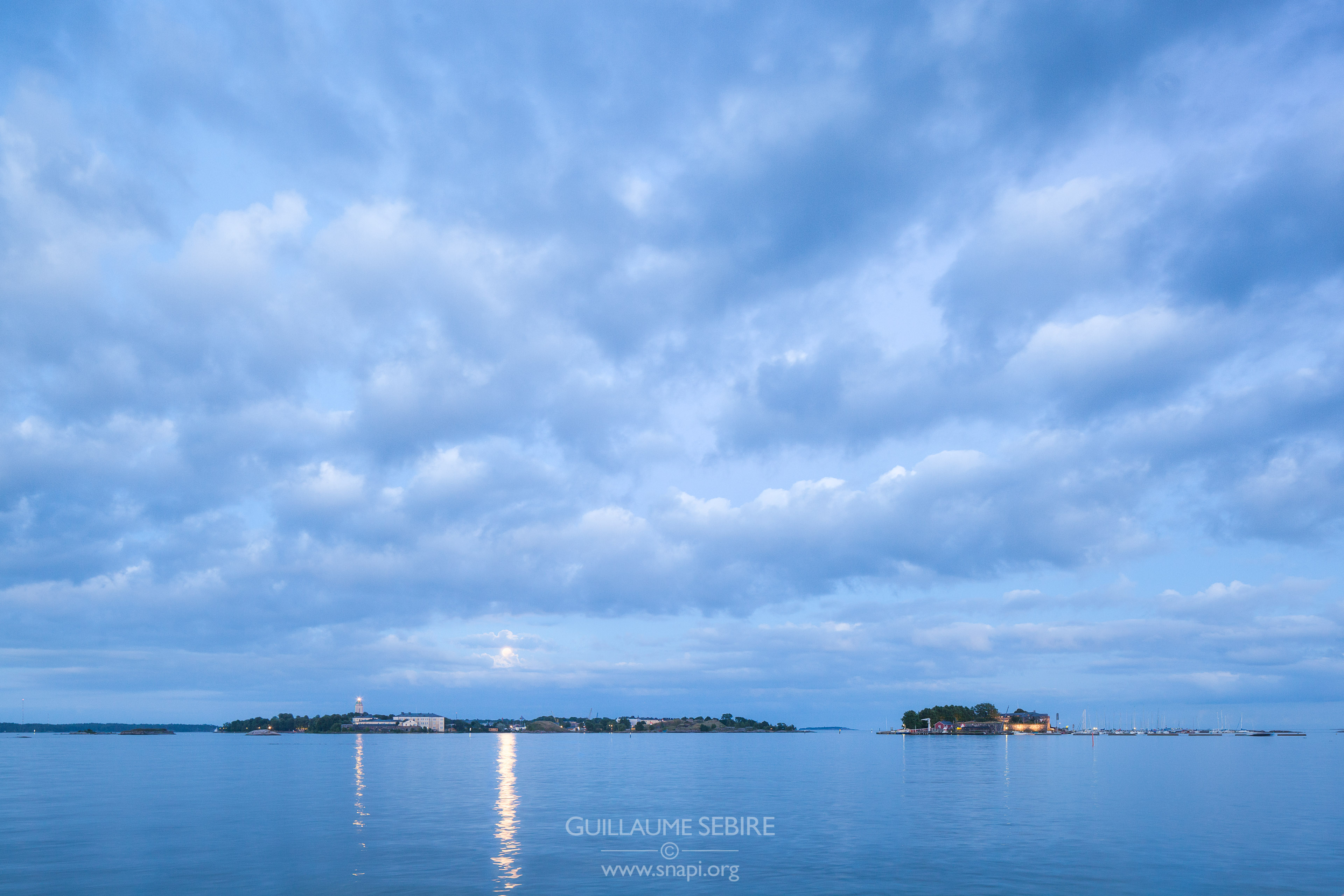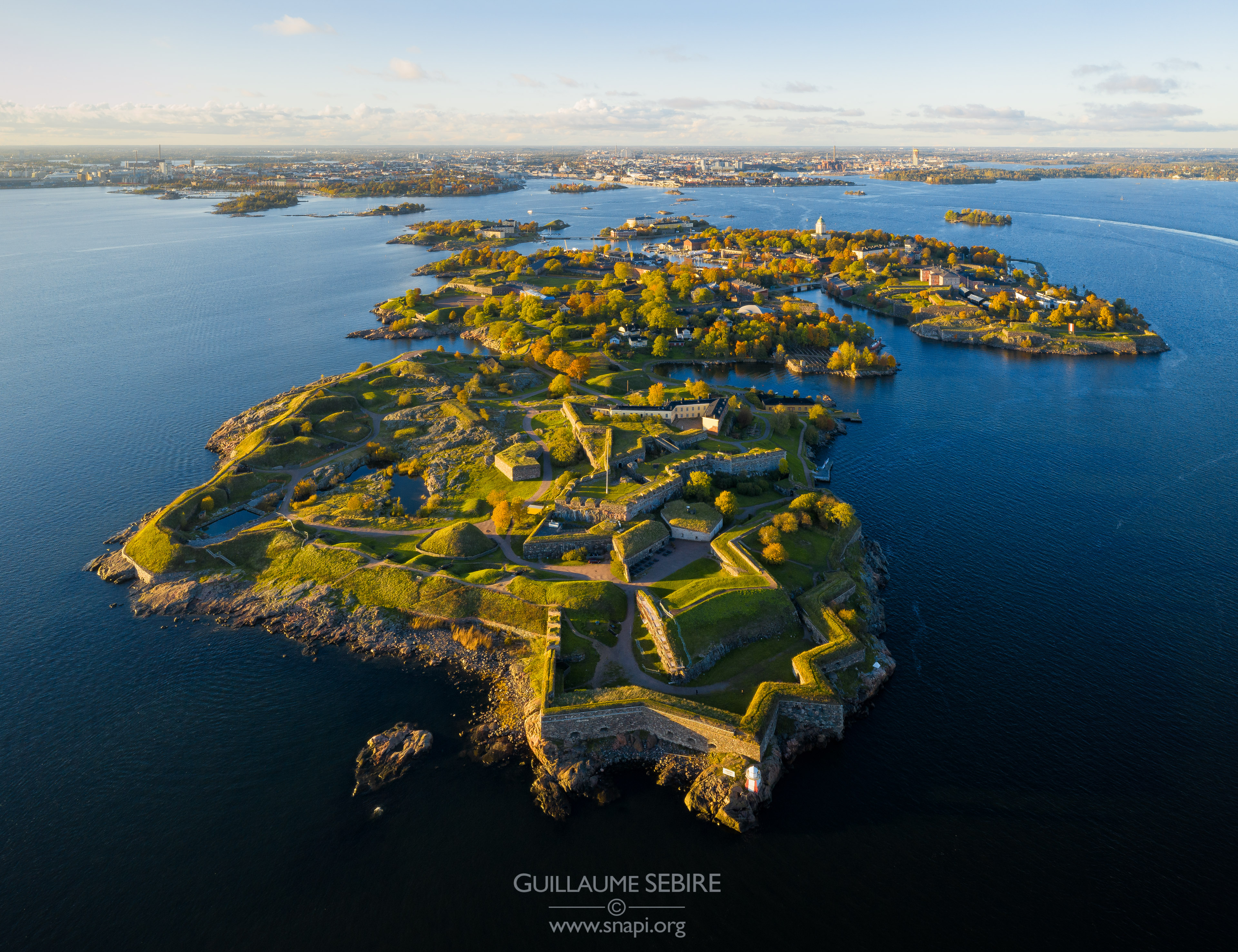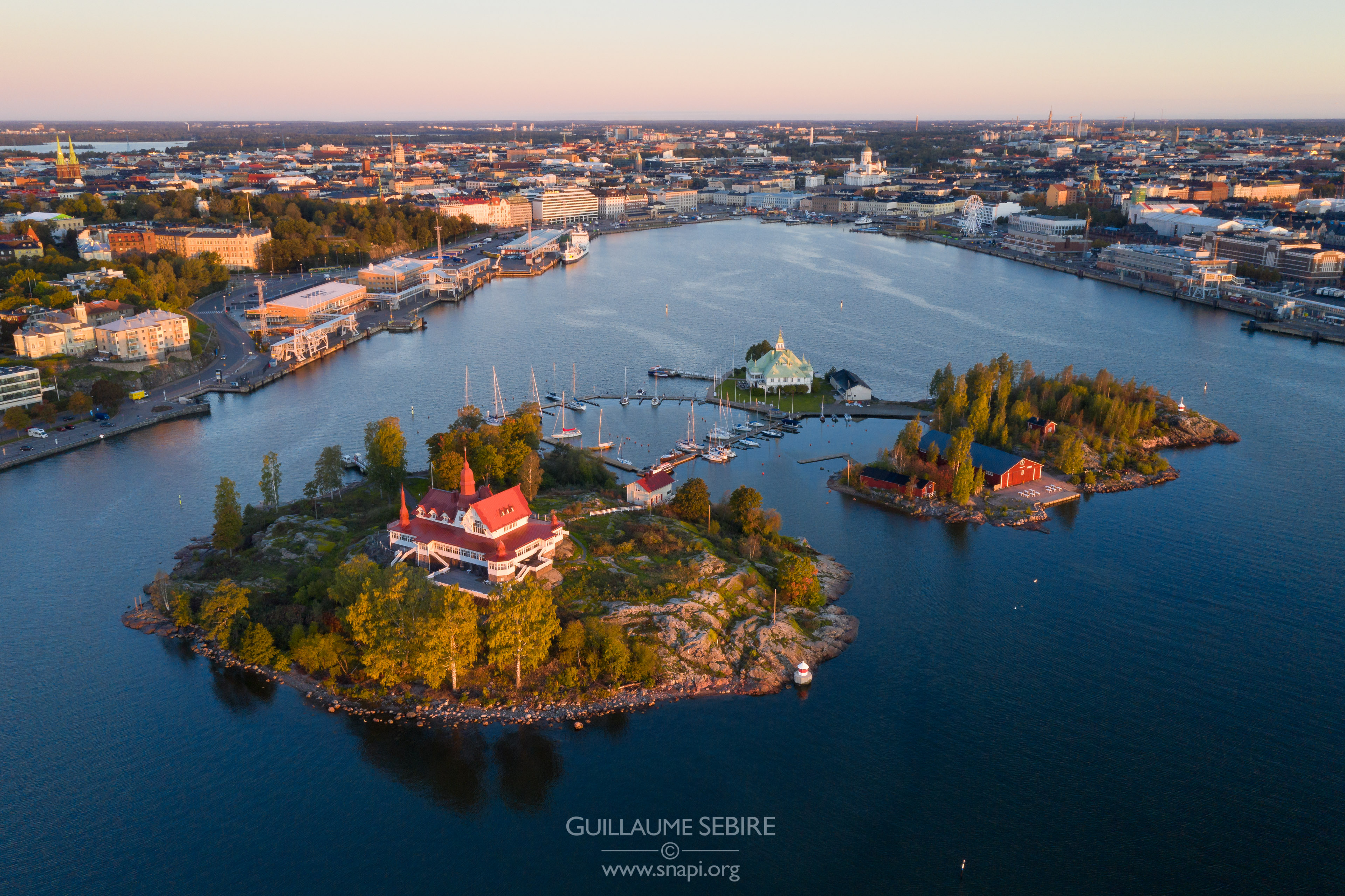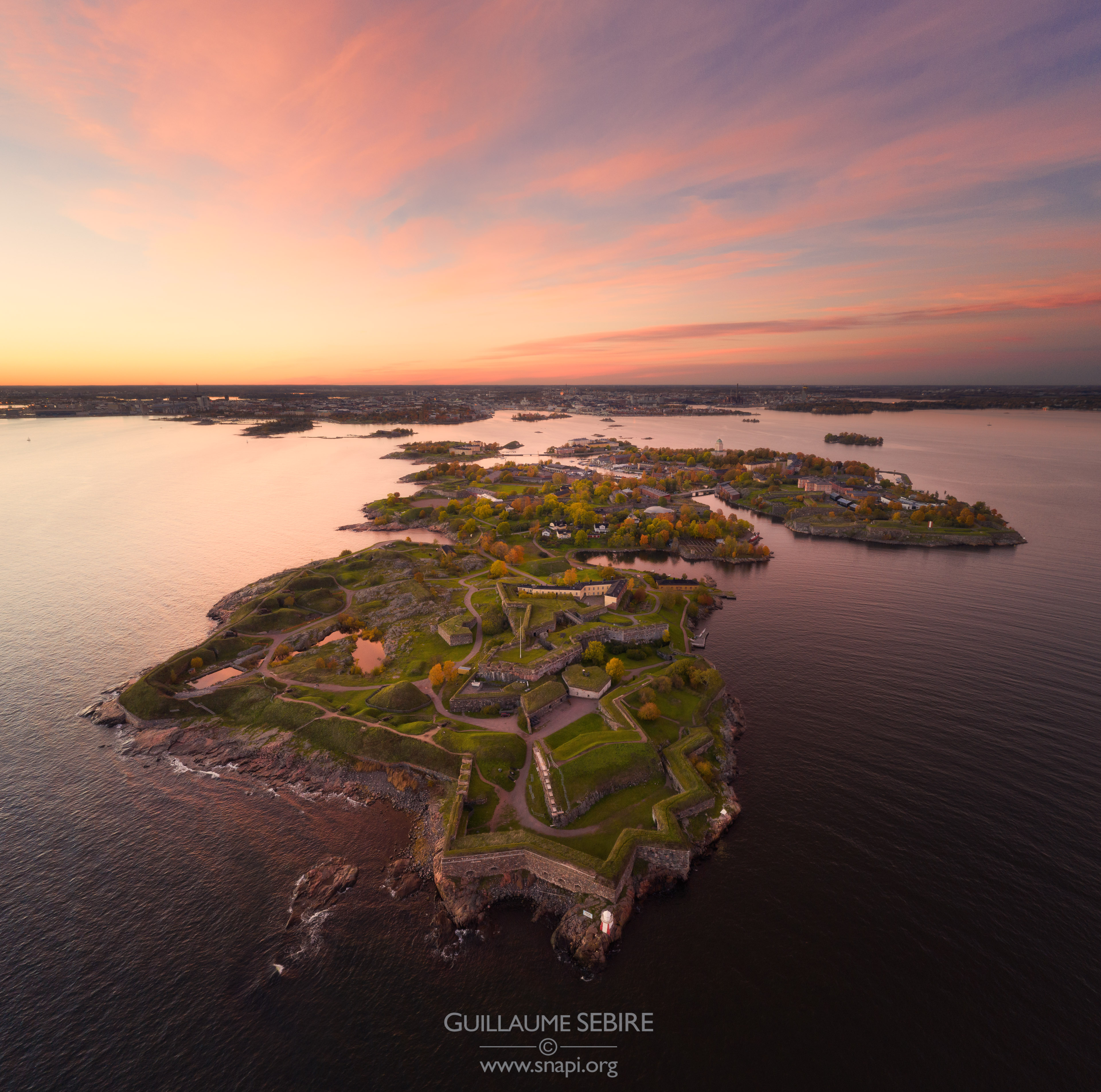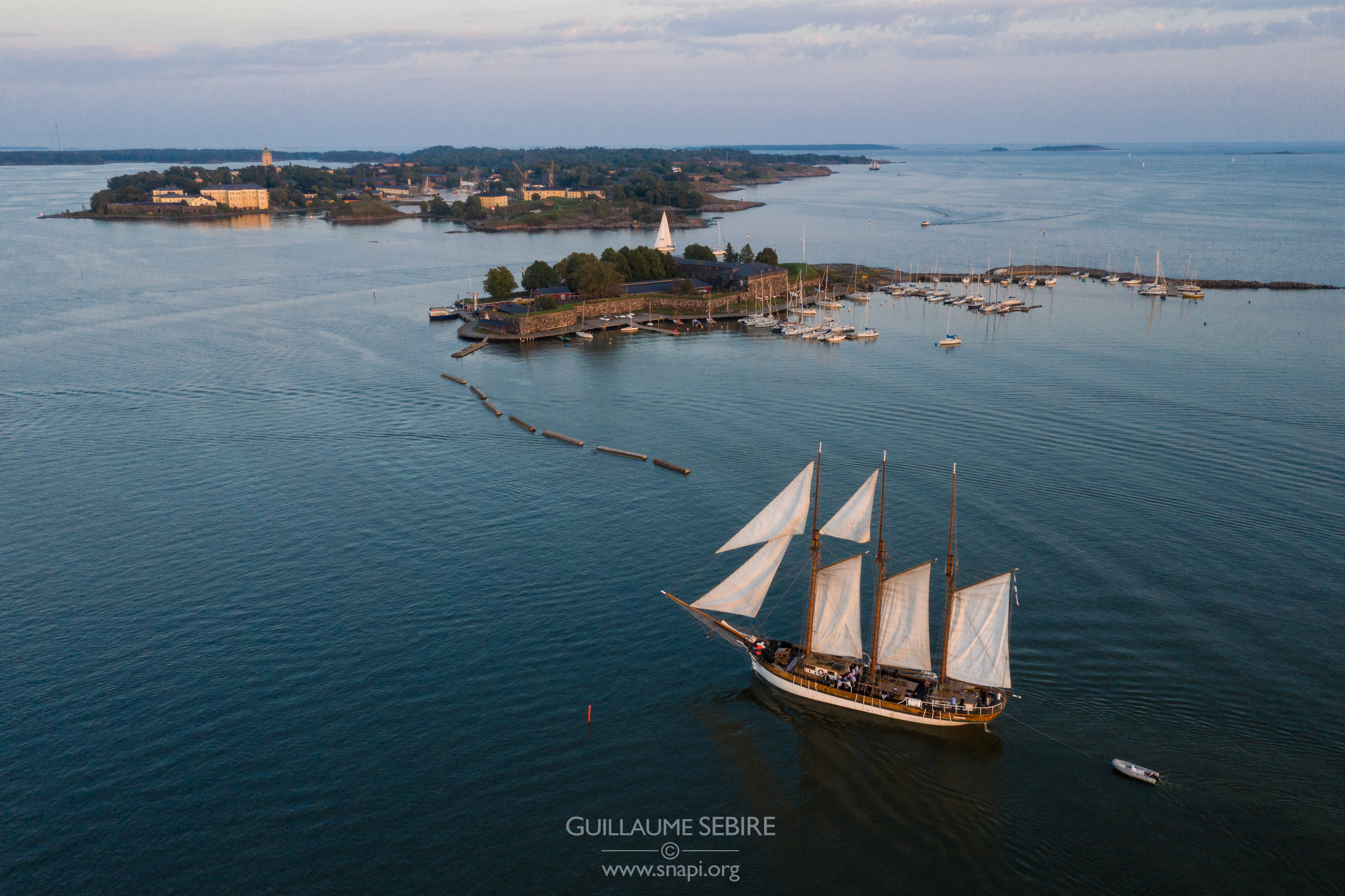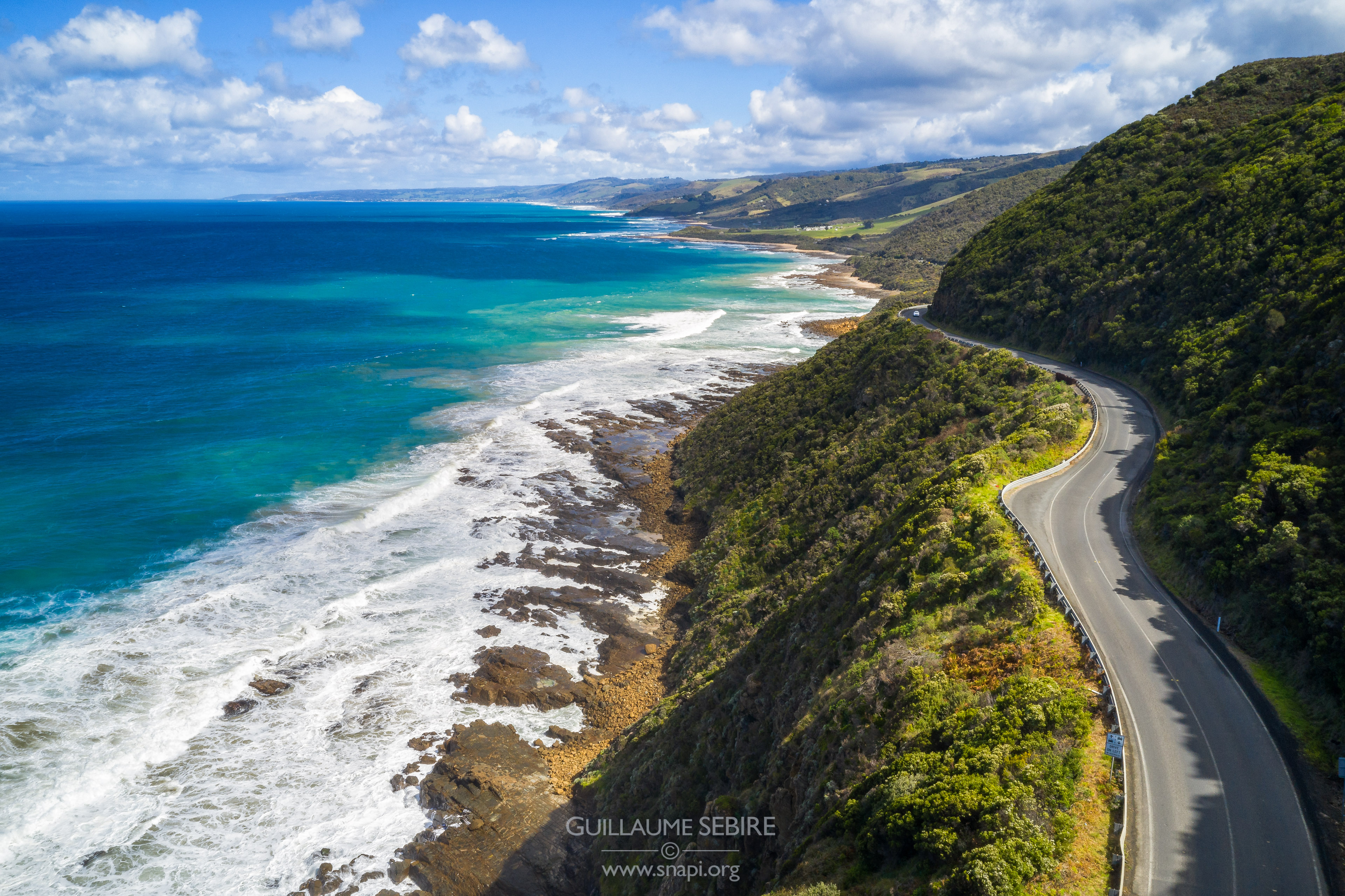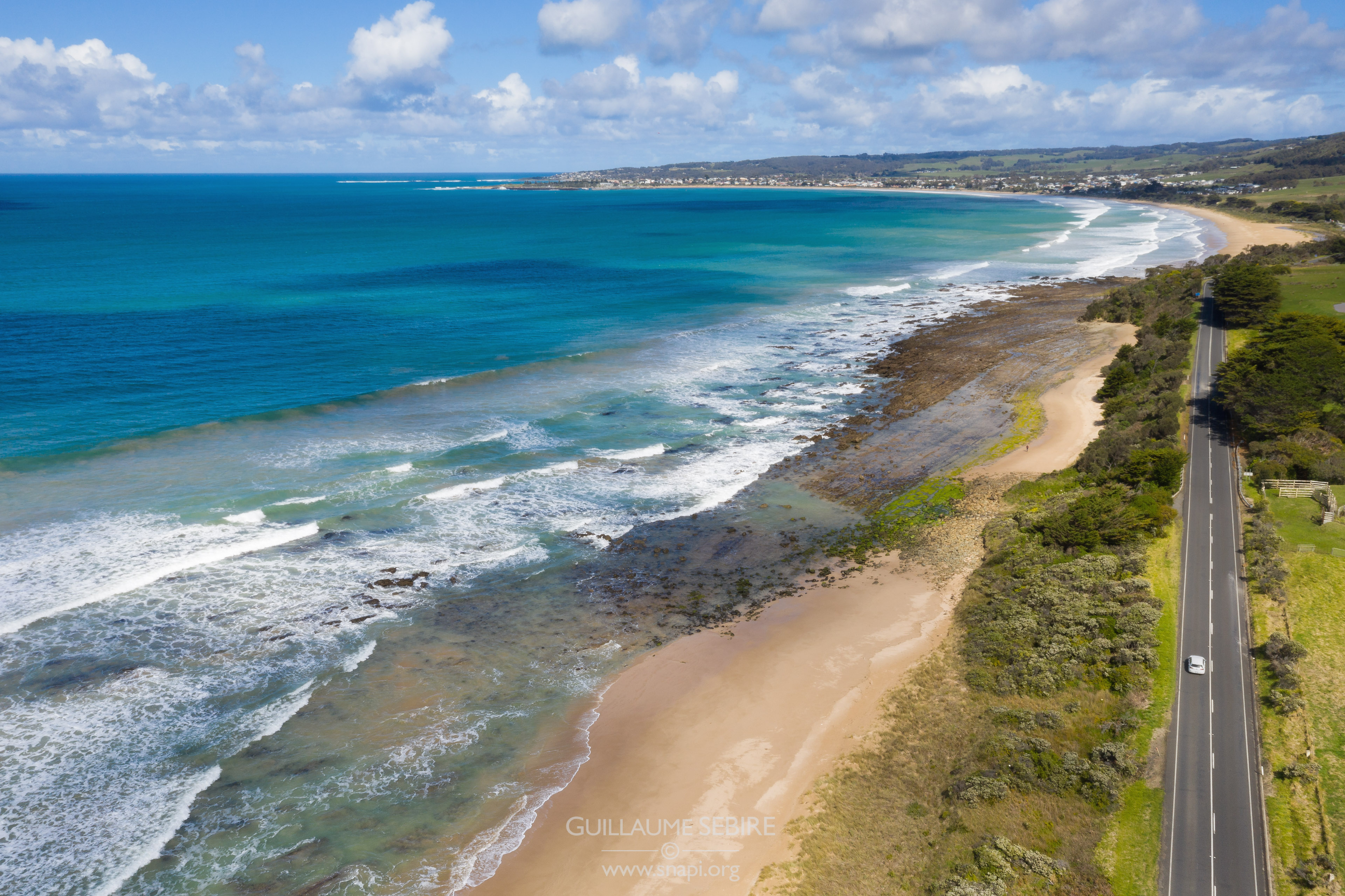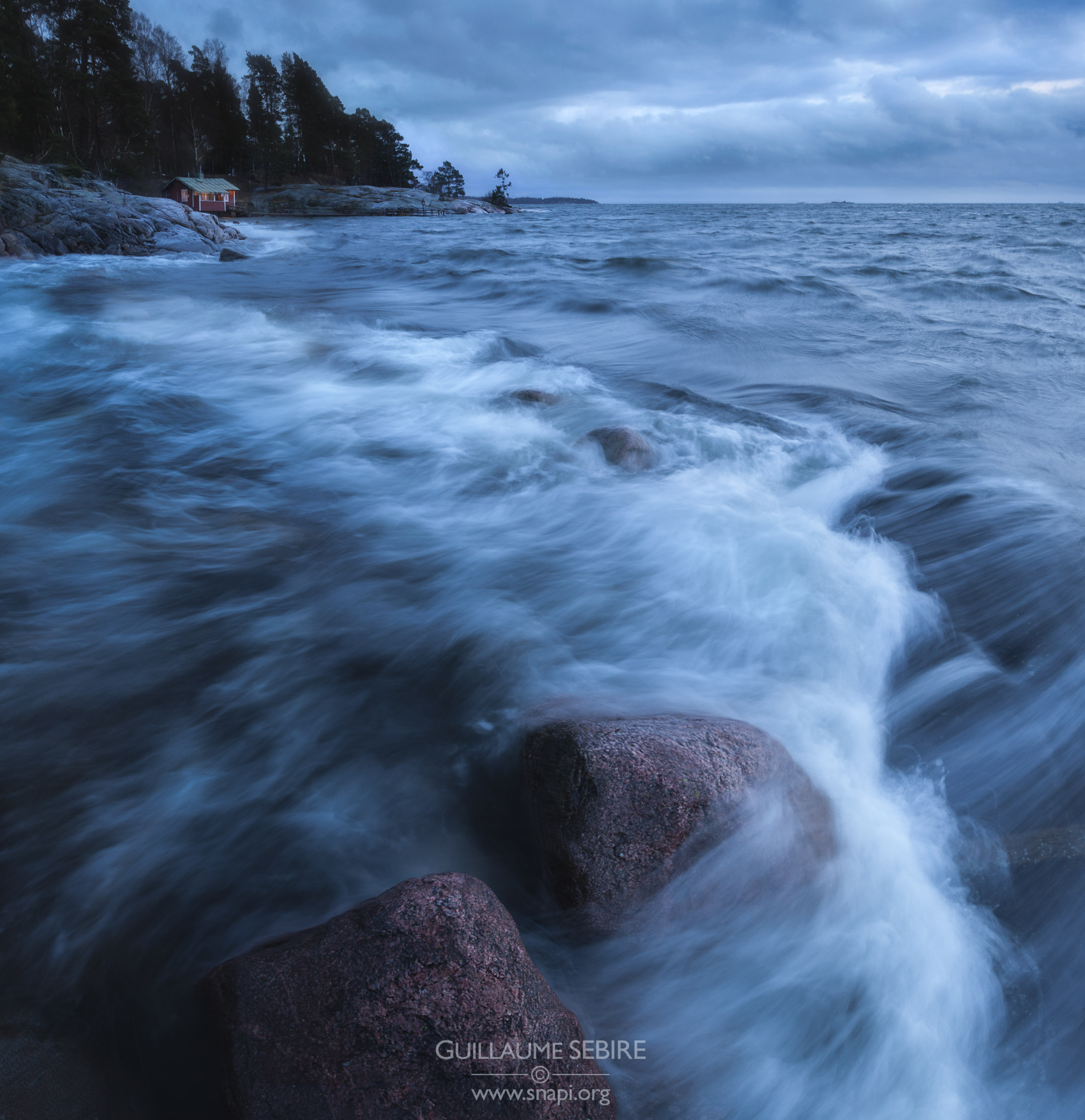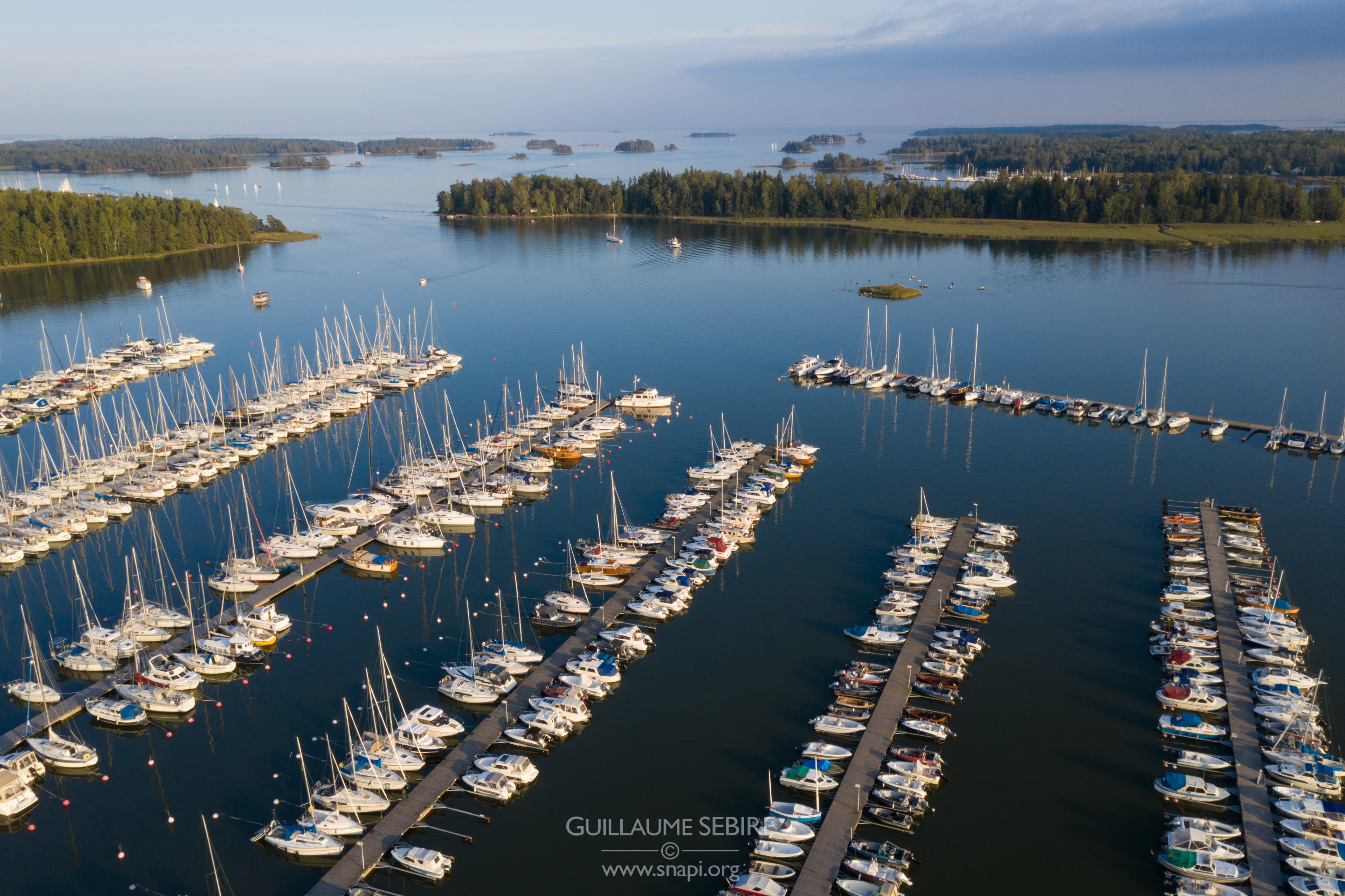Seascapes
The Sea has always been a source of inspiration for artists and of fear and mystery for explorers. It plays a major role in my photography through its many colours, reflections and textures. Photographing the sea, unless it is very calm, is not that simple. The single most difficult item to photograph is the many movements of the sea and how to translate those in a picture. Waves can easily make or break your photo as their shape and colour are often prominent, especially the spume. For this reason, unlike landscape photography, seascape photography will often require to shoot bursts of photos so one of them has the best composition – always think of the Sea as a subject in itself and how it works in your composition. Think carefully whether you’d rather freeze the very shape and texture of a wave (short exposure), or instead depict its movement (“slow” exposure) – the end result will be drastically different.
Tips: use a ND filter to extend exposure time, a polariser to remove unwanted reflections. The exposure time varies a lot depending on your sea subject. For water receding from a beach, you will need between 1s and a handful of seconds exposure (always press the shutter once the wave has stopped on its highest point on the beach, your photo will then capture beautiful white streaks as the water recedes, as well as the white spume edge from the wave on the beach). For capturing the crashing of waves around rocks, aim at less than 1/2s exposure time to display beautiful movements. If you want a foggy look, go for a long exposure (10s or so). With sun reflections, sunset/sunrise are of course the best time as the reflections will be softer – I recommend to soften them further using an exposure time of 1/3s or so. As usual, always check the result with LiveView.
Note: be careful when using a polariser with a wide angle lens as the blue sky will not look uniform, it will be quite dark in some area; this is something that is not easily fixed in post-processing. Note you could also blend a polarised photo for the sea with a non-polarised one for the sky for instance


